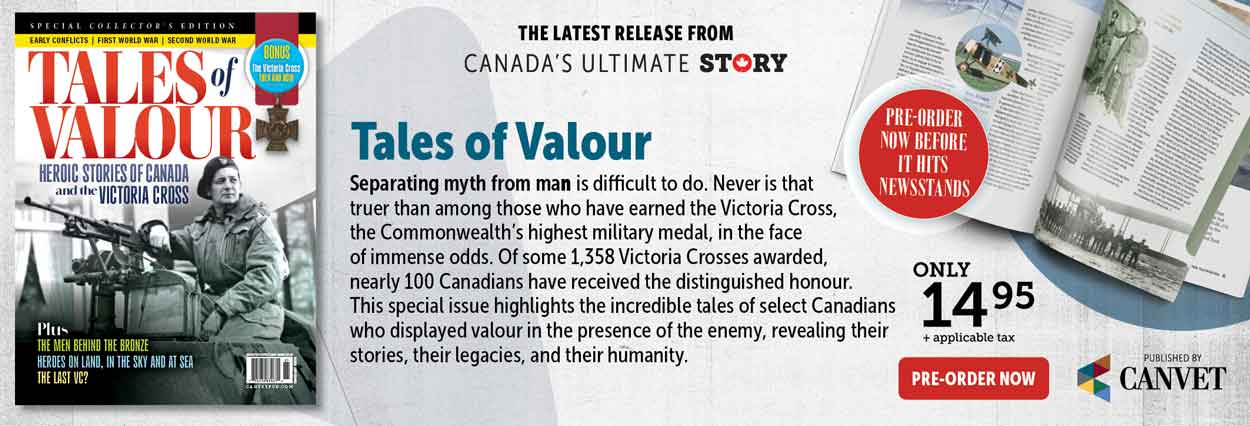by Ray Dick
 |
|
Carol Isfeld holds some of the Izzy dolls the 1 Combat Engineer Regiment gives to children in wartorn countries. |
“One of the reasons we band together to attempt to rid the world of landmines is, I believe, derived from that trait in human nature which allows us to become emotionally involved in the anguish and suffering of others less fortunate, and in order to ease our own pain, we attempt to ease the pain of those afflicted…
“Mark was just that sort of person,” said Brian Isfeld, a father whose son Master Corporal Mark Isfeld of the 1 Combat Engineer Regiment of the Canadian Military Engineers was killed in 1994 while clearing landmines in Croatia during his third peacekeeping tour. He was 31. “From the time he was a very young boy, he always had an affinity to help the elderly or the less fortunate, and was in his nature extremely generous.”
Brian Isfeld was speaking at the Canadian War Museum in a special ceremony honouring his son arranged by the Canadian Landmine Foundation, a private sector fundraising organization that organizes mine-clearing projects in war- ravaged countries. The foundation will honour Mark by clearing in his name a minefield in Bila Vlaka village, Croatia, not far from where he was killed in 1994.
This will be the second minefield clearance of the Peacekeepers Demining Fund, set up last year by the foundation. More than $67,000 was collected for the project through donations from individuals, corporations and other interested parties. The first minefield cleared was in Bosnia and Herzegovina in recognition of retired lieutenant-general Gordon Reay, who was killed in December 2001 while serving as a special adviser in mine clearing.
The field to be cleared in Mark’s name is an area that includes homes and a playground. Some of the terrain is rocky, and includes dense underbrush and some pasture land where both anti-tank and anti-personnel mines have been found and removed by the local population.
It is a fitting tribute to Mark, who took a special interest in the children of the war-ravished areas he was serving and often handed out dolls that his mother Carol would knit from scrap wool. She got the idea after Mark had sent home a picture of a doll on a pile of rubble that had once been a child’s home. After Mark was killed, the troops of his regiment named them Izzy dolls, and his mother, who also attended the ceremony along with his daughter Alisha Massey, still knits the dolls for members of his former regiment to give out in Mark’s memory.
“Many other citizens–grandmothers, mothers and interested people–have also made dolls and send them to the engineers to continue the practice and to commemorate his memory,” said Brian Isfeld. A commemoration closer to home was the renaming of a school in Courtenay, B.C., the family’s hometown, to the Mark R. Isfeld Secondary School.
“There’s a new military reality today,” said writer John Ralston Saul, the husband of Governor General Adrienne Clarkson and patron of the Canadian Landmine Foundation, in opening the ceremony. Landmines were a part of that reality, and one of the greatest threats to peacekeepers.
The foundation, a private-sector charitable organization that has undertaken landmine action projects in areas such as the former Yugoslavia, Cambodia, Afghanistan, Mozambique, Nicaragua and Israel, says there has been a marked decrease in the production and use of landmines since the signing of the treaty in Ottawa in 1997 to ban the use of such weapons of war. The focus now has shifted to removing the millions of landmines that remain in the ground and which kill some 24,000 people each year, 8,000 of them children. The federal government marked the fifth anniversary of the signing by devoting an additional $72 million to completing a state-of-the-art detection system for finding mines (Journal, May/June).
The foundation works with businesses, individuals, community organizations and service clubs to provide financial support for humanitarian de-mining.
Advertisement




















